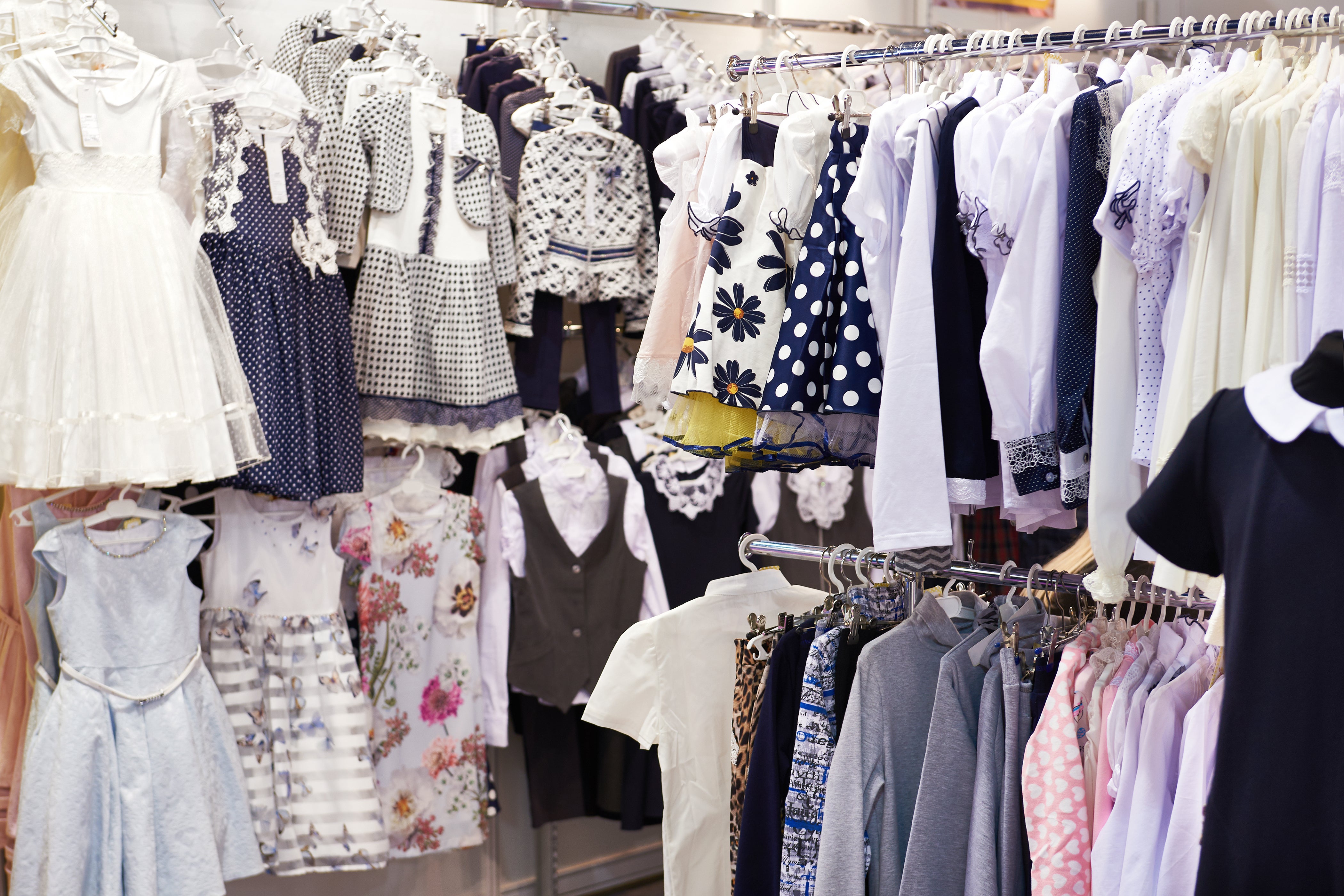Rising energy and clothing prices push UK inflation rate to 1.5%
Inflation rate more than doubles as economy begins to re-open but economists say it is no cause for alarm

Your support helps us to tell the story
From reproductive rights to climate change to Big Tech, The Independent is on the ground when the story is developing. Whether it's investigating the financials of Elon Musk's pro-Trump PAC or producing our latest documentary, 'The A Word', which shines a light on the American women fighting for reproductive rights, we know how important it is to parse out the facts from the messaging.
At such a critical moment in US history, we need reporters on the ground. Your donation allows us to keep sending journalists to speak to both sides of the story.
The Independent is trusted by Americans across the entire political spectrum. And unlike many other quality news outlets, we choose not to lock Americans out of our reporting and analysis with paywalls. We believe quality journalism should be available to everyone, paid for by those who can afford it.
Your support makes all the difference.The rate of inflation more than doubled in April as the economy began to reopen and retailers began to increase prices.
Official figures show clothing and energy price increases were the main factors pushing up the cost of living. However, economists stressed that the increases were in line with expectations and inflation remains below the Bank of England's target rate.
Consumer Price Index (CPI) inflation, which measures the cost of a range of commonly purchased goods and services, rose from 0.7 per cent in March to 1.5 per cent in April, official figures show.
Gas and electricity prices were pushed up after the energy regulator increased the cap on default tariffs in response to rising wholesale energy costs. Prices at petrol pumps were also up after oil prices recovered from last year's lows at the height of the pandemic.
Clothes prices increased after non-essential retail reopened on 12 April.
Grant Fitzner, chief economist at the Office for National Statistics (ONS), said: "Inflation rose in April, mainly due to prices rising this year compared with the falls seen at the start of the pandemic this time last year.
"This was seen most clearly in household utility bills and clothing prices.
"As the price of crude oil continues to rise, this has fed through to the cost of motor fuels, which are now at their highest since January 2020."
Financial markets have been gripped by fears of inflation in 2021 as the global economy recovers and suppliers in some industries struggle to keep up with renewed demand.
The Bank of England forecast earlier this month that UK inflation will increase above its 2 per cent target, to 2.4 per cent in the final three months of 2021, largely due to energy prices.
Andrew Bailey, the Bank’s governor, has sought to dampen inflation concerns, stating that the rise is likely to be temporary.
Neil Messenger, a director at Standard Life Aberdeen’s financial planning business, 1825, said: “The Bank of England has shown no sign of raising interest rates any time soon, which is why it’s up to savers to do what they can to make their money beat inflation in the meantime.
“People living off savings, like retirees, should be paying particular attention to the headline rate, acting now to factor it into their future financial plans.”
Join our commenting forum
Join thought-provoking conversations, follow other Independent readers and see their replies
Comments